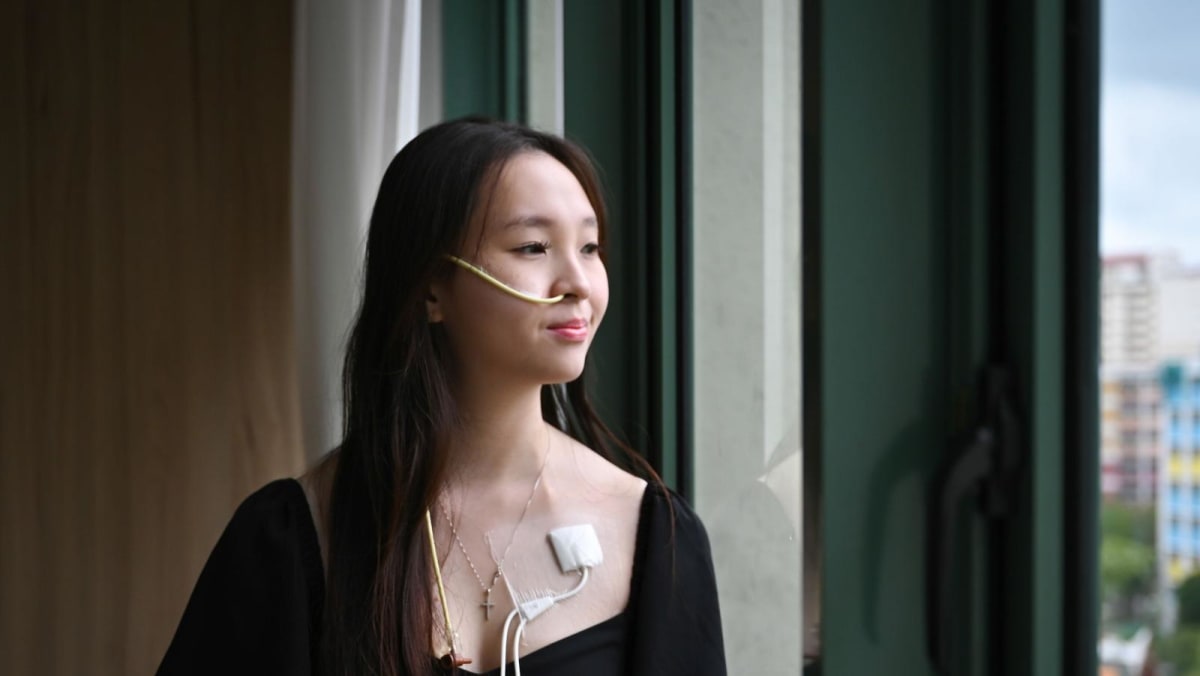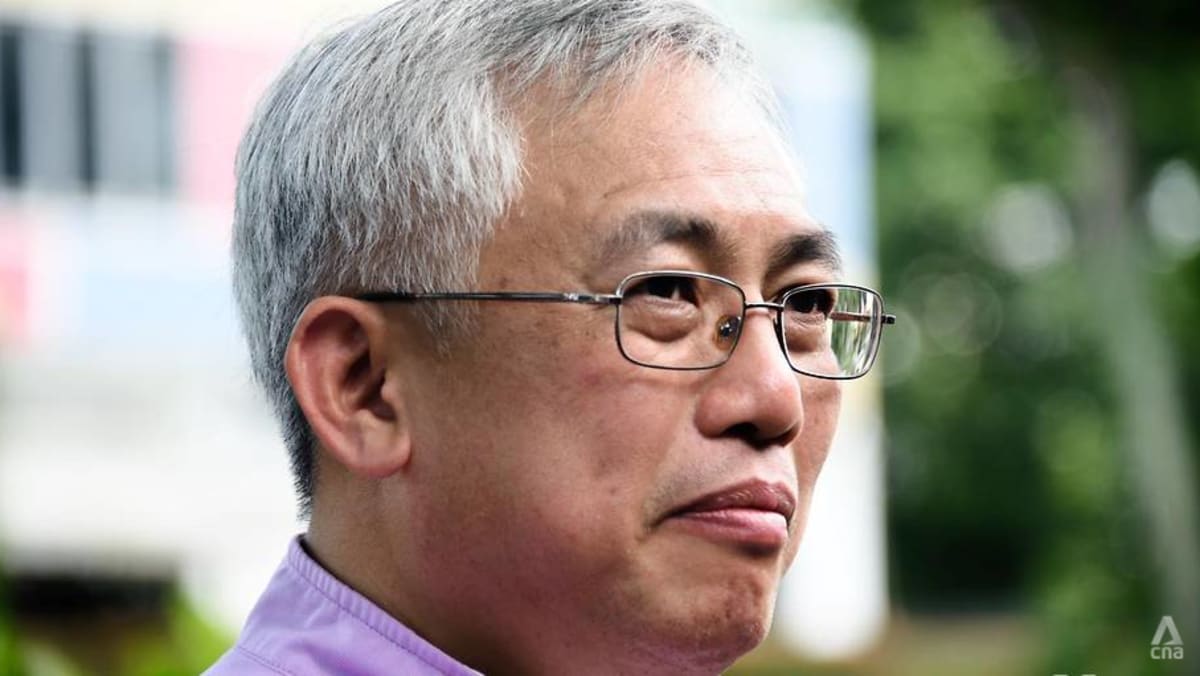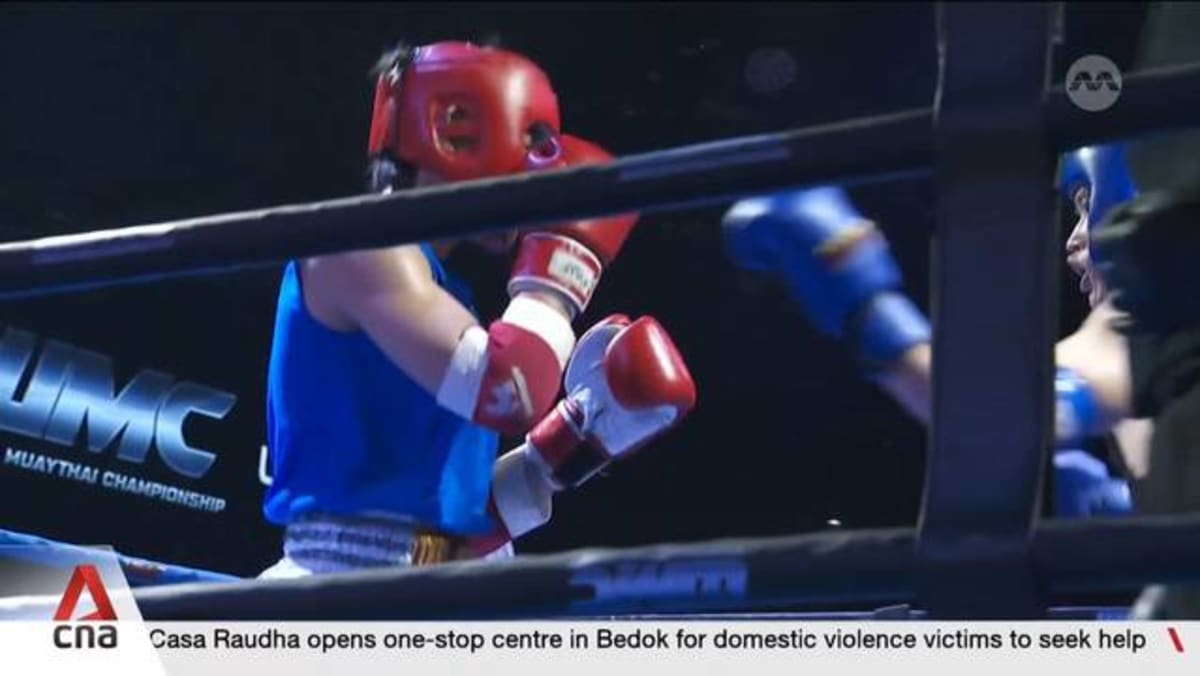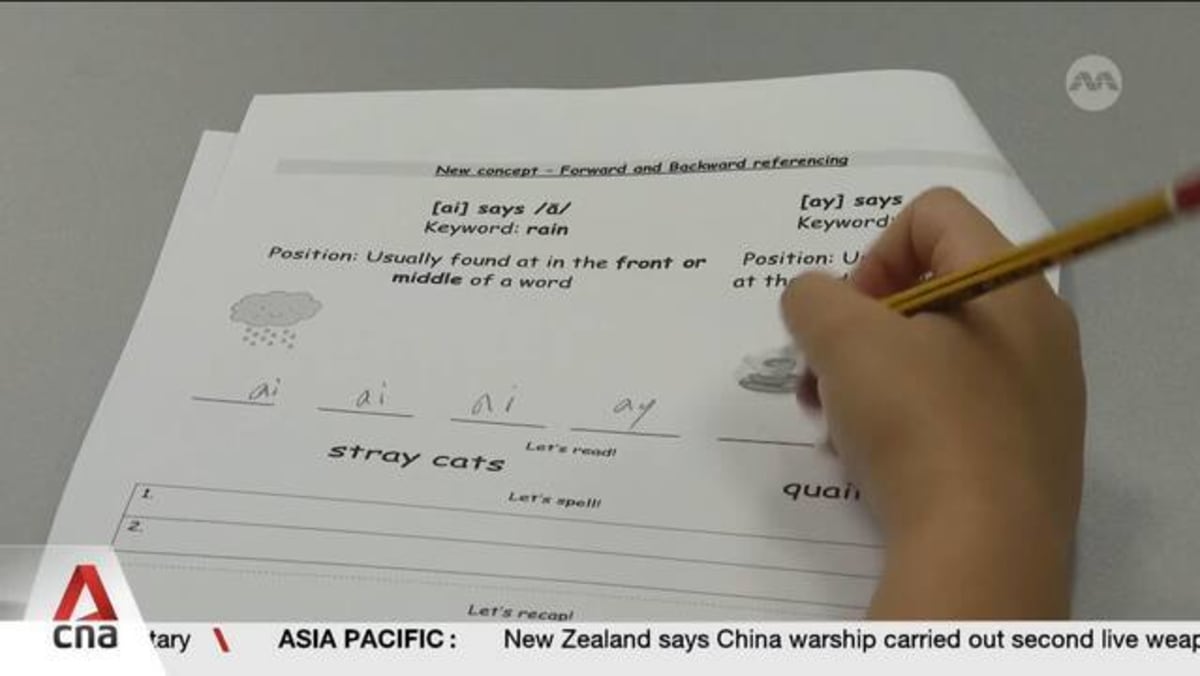Miss Ong wants not just to raise awareness of the plight of people whose health batters them daily, but to take action as well.
Over the years, she has launched fundraisers for causes close to her heart, rallying her online community to support patients with chronic illnesses.
To date, she has raised S$23,000 for non-profit organisations such as Make-A-Wish and the Rare Disorder Society of Singapore.
As she had pointed out to me repeatedly all afternoon, the treatments for her illnesses do not come cheap at all. The medicine and hospital visits are thankfully covered by insurance, but the medical equipment she needs every month – such as the infusion pump that delivers saline and nutrients through out her body – are not.
One of her goals is to monetise her videos on social media to achieve financial independence for her own future.
Recounting another event where she spread awareness, she said that she left the hospital a week after admission, which was at the tail end of 2023. This was to deliver a TED Talk at Nanyang Technology University, on living life as a chronically ill teenager. She checked herself right back into the hospital ward after that.
“There were six speakers that day,” she recalled. TED, short for “technology, entertainment and design”, is a nonprofit dedicated to sharing ideas and knowledge as well as performances with a global audience through short speeches and presentations called TED Talks.
I asked if she felt nervous or intimidated at the event and she chided me in jest for stating the obvious.
“I was the youngest and the rest of them were professors!”
Those 15 minutes, though, were a lifelong dream, she said, and she is incredibly proud of having achieved it despite having some minor hiccups during the speech.
A promotional poster of the event is kept in her home, though not hung up as a memento.
What was on display around the small apartment, however, were framed family photographs covering almost every wall.
I had asked if it was possible to speak with either her parents or her two older siblings who live with her.
She said that she has a tight-knit relationship with her family but preferred to keep the other aspects of her life at home private.
What was important, Miss Ong said, was that on especially tough days, she knew that the support system she had at home was a strong and sturdy one.
“This experience made me realise that there’s nobody more important than your family and friends. They have supported me throughout and for that, I’m very, very thankful.”
FACING THE INEVITABLE
I hesitated before asking if her doctors had given her any indication of how long she might live. It was a question I had never posed to anyone with a debilitating illness.
Her response was a quiet acceptance that there was no clear answer to this question.
“Of course, we’re scared. I’m scared. I don’t want to die,” she said, before letting out a slight chuckle.
“If I have a dream now, it’s that I still hope to be cured.”
When I asked if she would prefer to know a definite prognosis, her answer was surprising.
A slight smile played on her lips as she shrugged.
“I actually prefer not to know,” she said. “If you know, you would live your life differently. But life is better when it’s spontaneous.”














